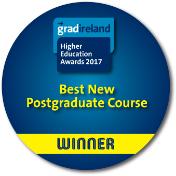The bigger picture. Context, inspiration and other work in this space.
MSc in Climate Change, Agriculture & Food Security (CCAFS)
The world’s climate is rapidly changing due to global warming, and will continue to do so for the decades and centuries ahead. This poses major challenges for future agricultural systems to provide food and other bioresources for the 10 billion people that will occupy the planet by 2050.
The 1 year MSc in Climate Change, Agriculture and Food Security (CCAFS) provides students with the skills and tools for developing agricultural practices, policies and measures addressing the challenge that global warming poses for agriculture and food security worldwide.
The MSc CCAFS programme is a partnership with the international CGIAR Research Programme on Climate Change, Agriculture and Food Security (CCAFS), which is led by the CGIAR and Future Earth, and currently involves over 700 partners worldwide https://twitter.com/MScCCAFS_NUIG .
Sustainable Food Systems, CIAT
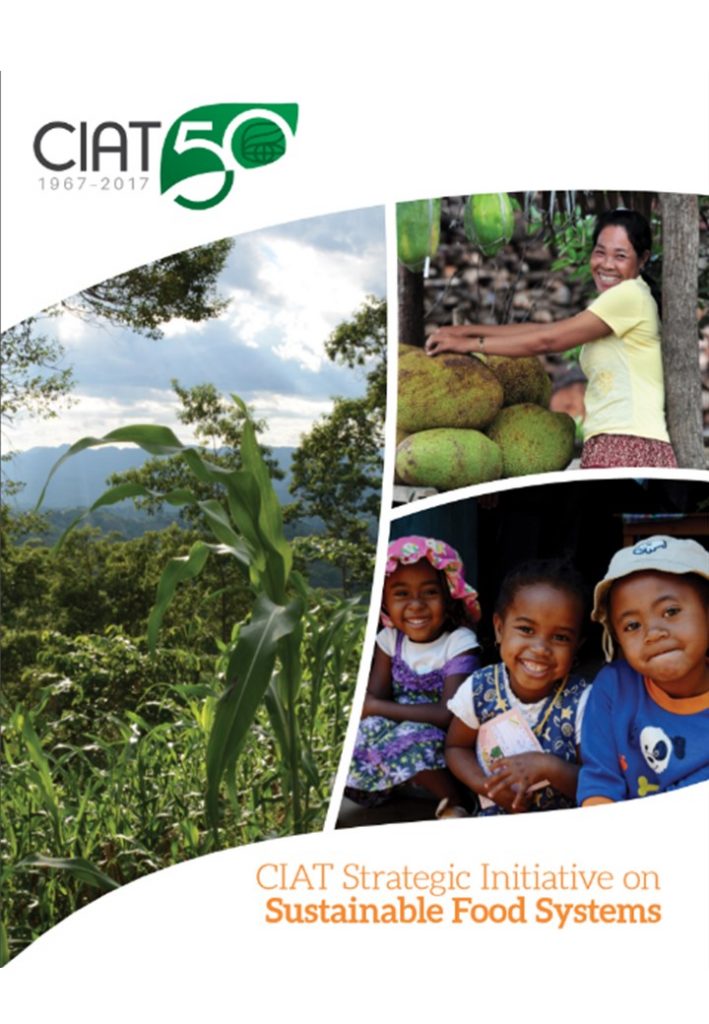
CIAT Sustainable Food Systems initiative seeks to help guide food systems toward an equitable and sustainable future, against a background of rapid globalization and urbanization, which have profound impacts on human diets. Its research focuses on shifting and uncertain patterns in food delivery and consumption, developing new knowledge and interventions to better enable developing countries to provide all urban and rural consumers with ready access to healthy food.
talks about building sustainable food systems for the majority.
Climate Change, Agriculture & Food Security (CCAFS), CGIAR
The CGIAR Research Program on Climate Change, Agriculture and Food Security (CCAFS) food security theme area presents the ‘big facts’ – major challenges within and stemming from the food system now, and in the coming decades.
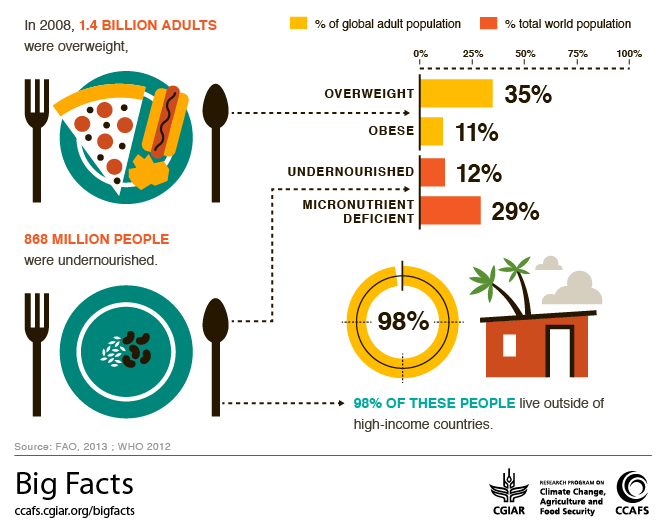
Urban Food Systems for Better Diets, IFPRI
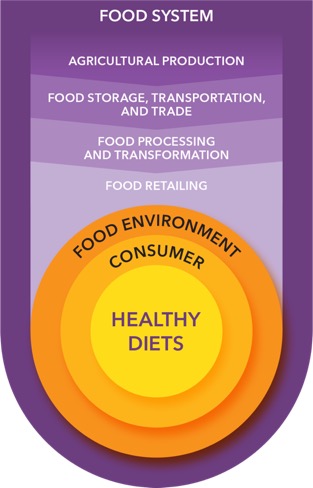
Source: IFPRI (Adapted from GLOPAN (2016)).
Also under the CGIAR umbrella, the International Food Policy Research Institute (IFPRI) has launched a new research program on Urban Food Systems for Better Diets, Nutrition and Health. The program aims to: guide policymakers and other key actors in designing and implementing effective food system policies to support healthier diets and optimal nutrition and health for the urban poor.
Hungry Planet series, Peter Menzel
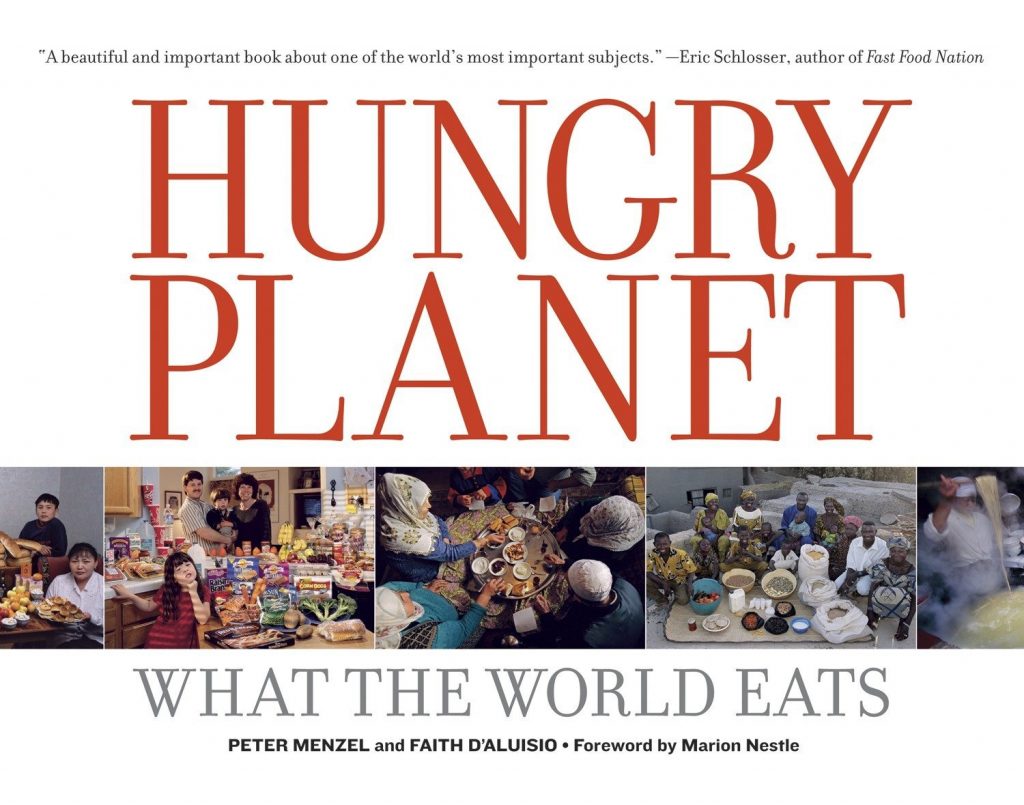
This series by photographer Peter Menzel is a few years old now but remains relevant and pretty powerful. You can find his work at: menzelphoto.com
The video below also shows Peter talking about his travels and insights on diets around the world and their impacts on health.
What the World Eats, National Geographic
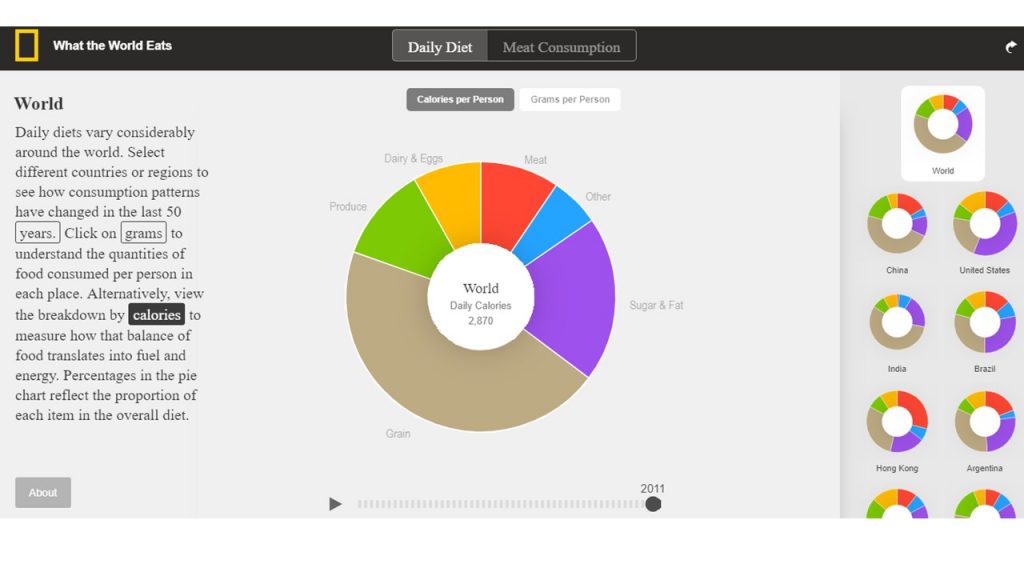
‘Confronting the new face of malnutrition’, Barry M. Popkin
Regulatory and Fiscal Approaches to Improving Diets’,
28th Annual Martin J. Forman Memorial Lecture
by Distinguished Professor Of Nutrition, Barry M. Popkin.
‘What’s wrong with what we eat’, Mark Bittman
‘The future of food’, Michael Silverstein
Michael Silverstein presents some of the implications of economic growth and dietary transitions.
